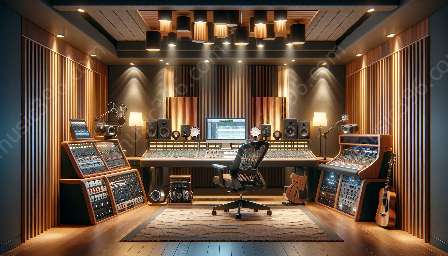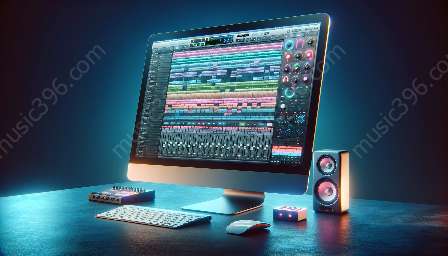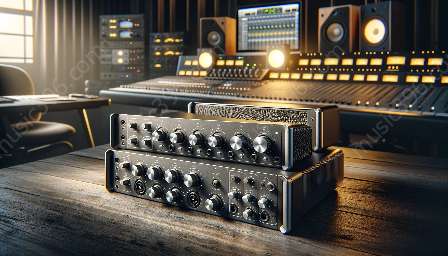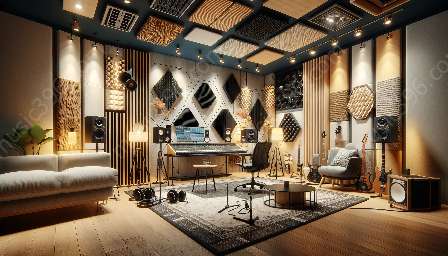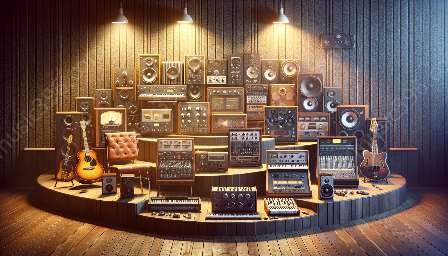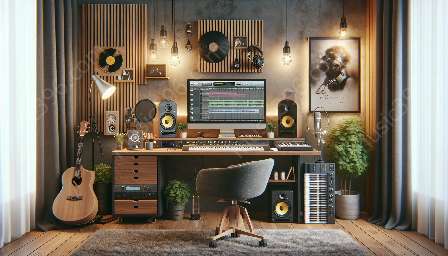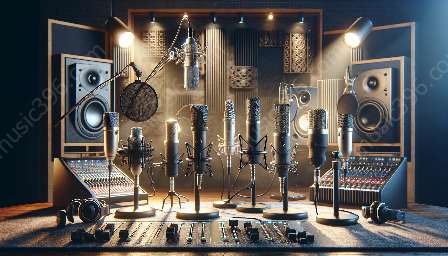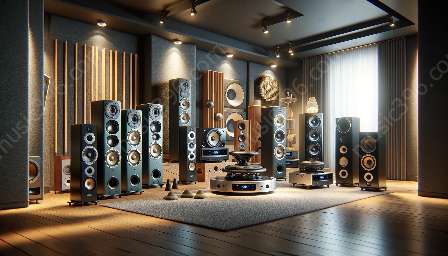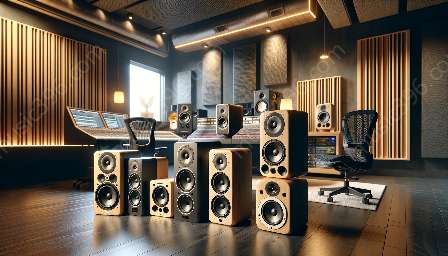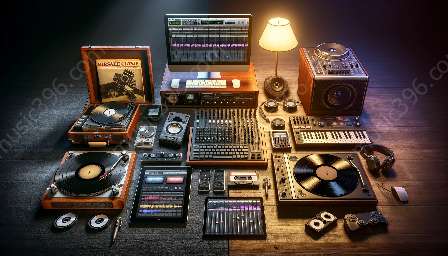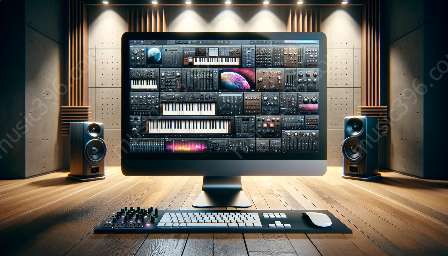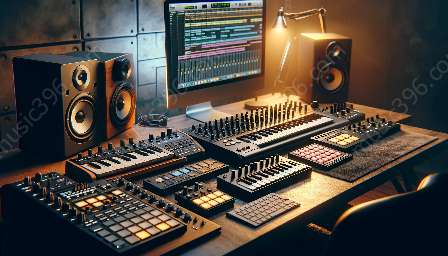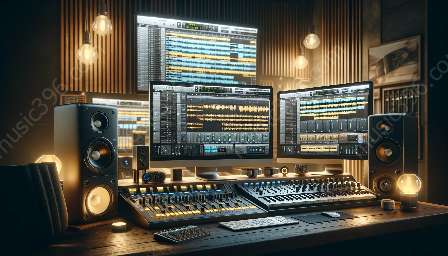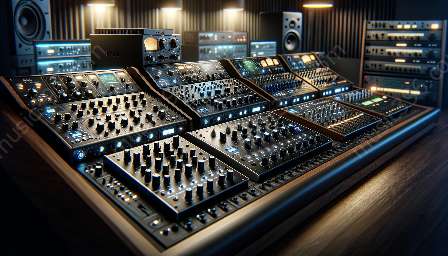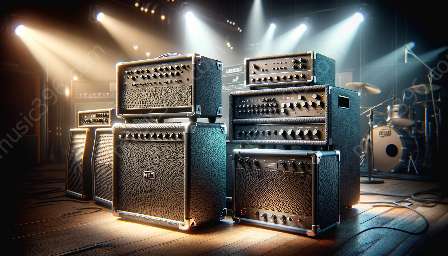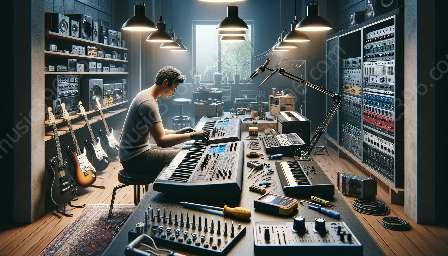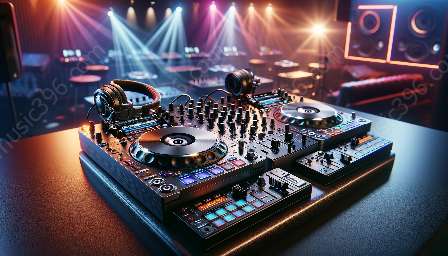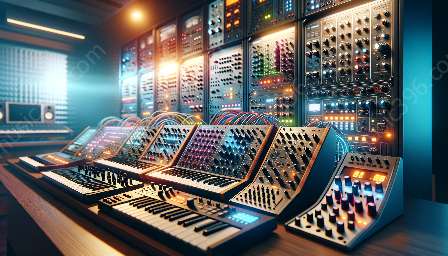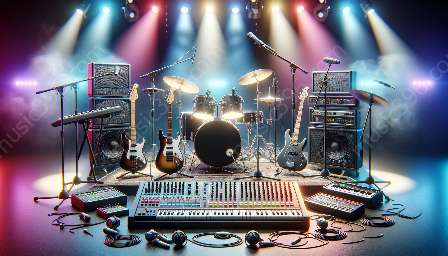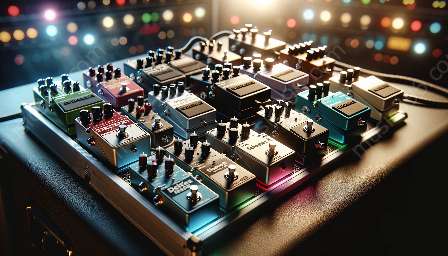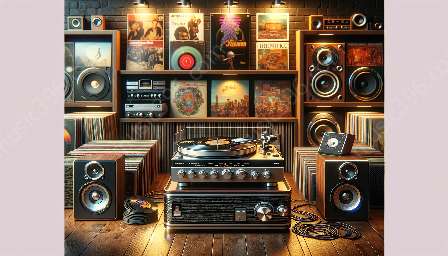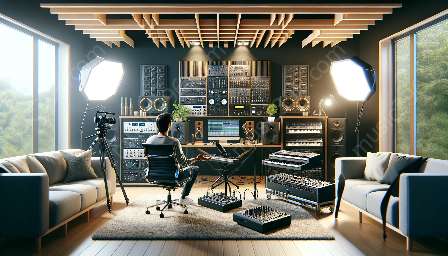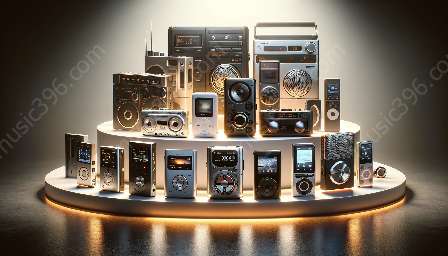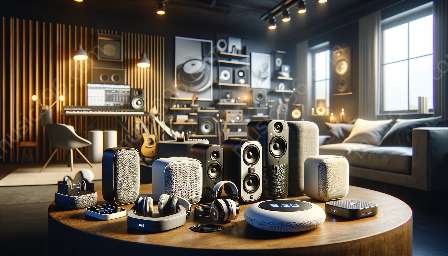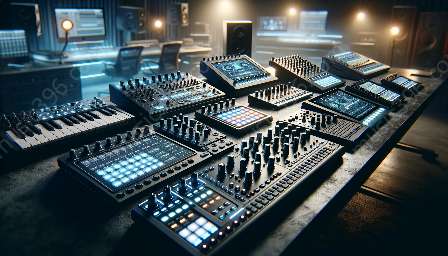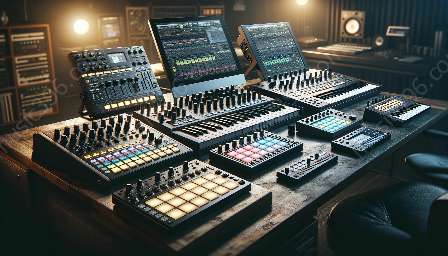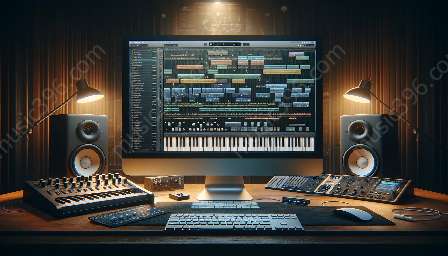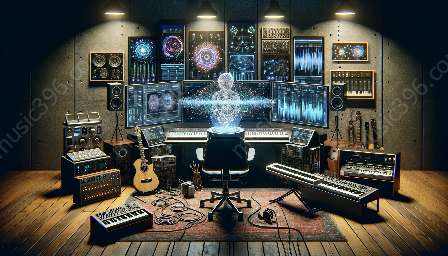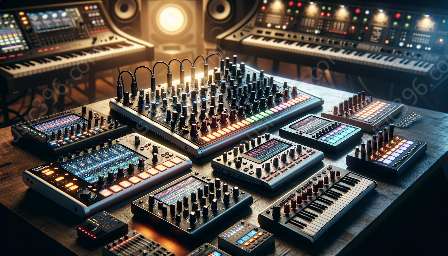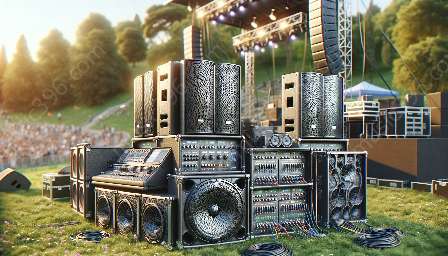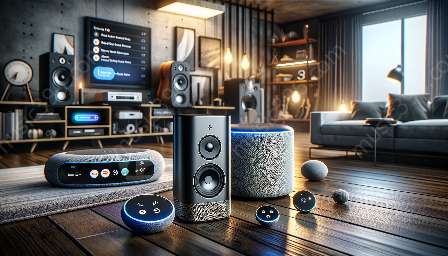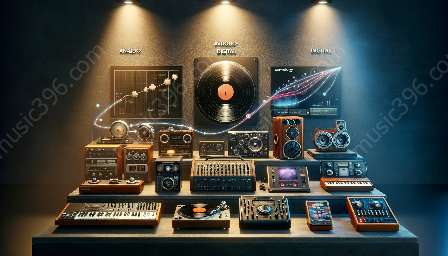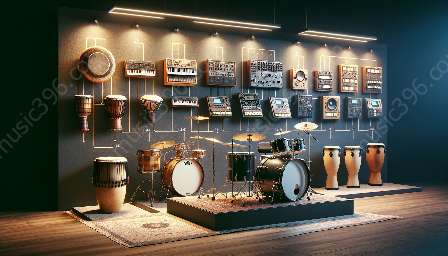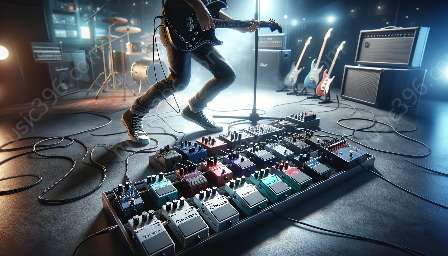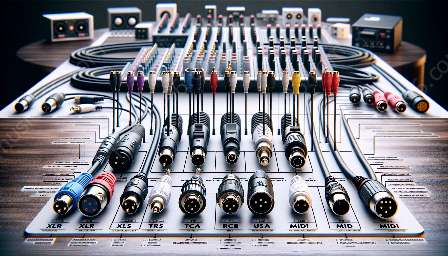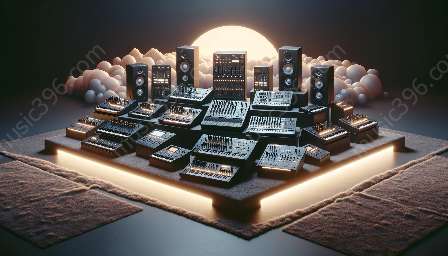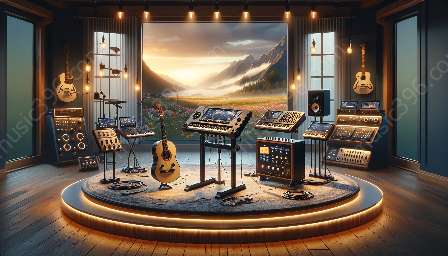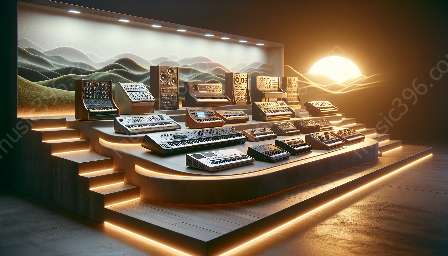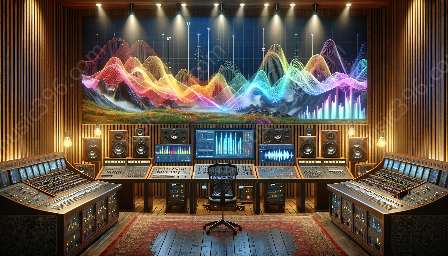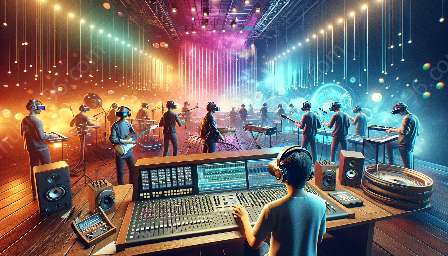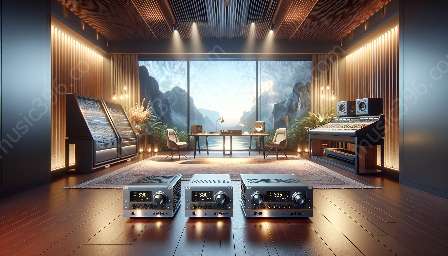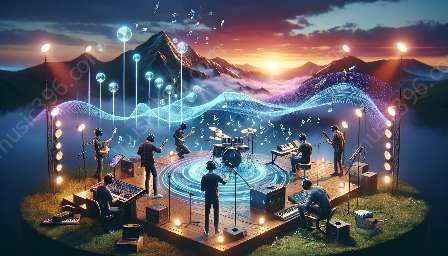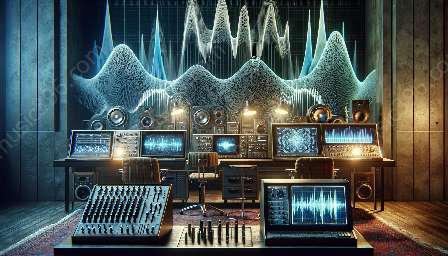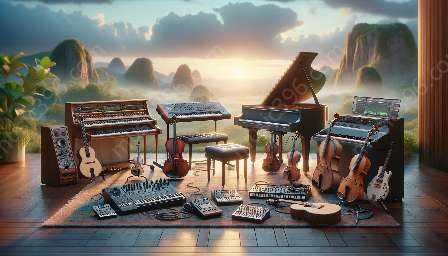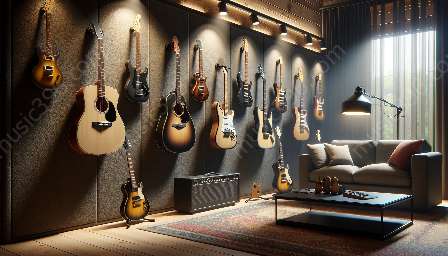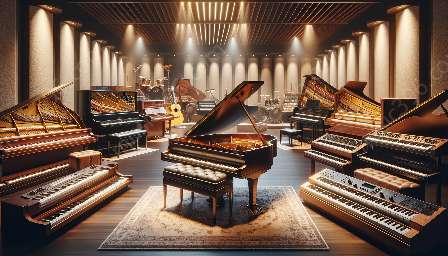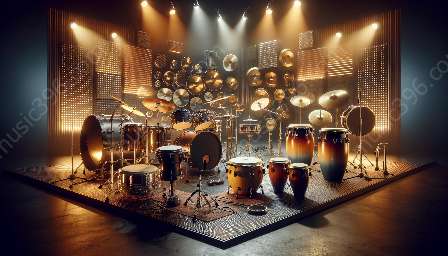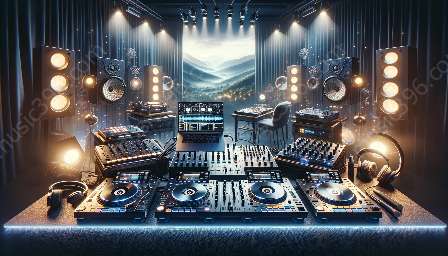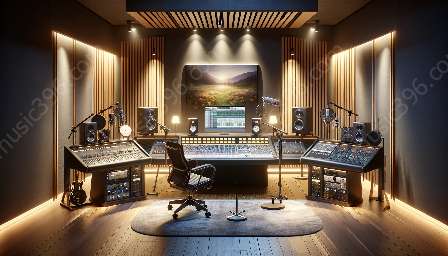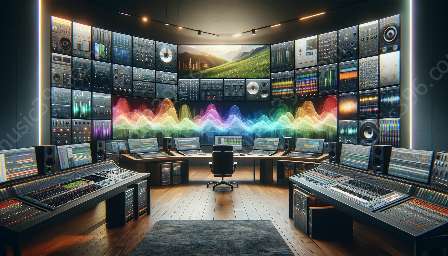Understanding the Democratization of Music Creation
Music creation and production have undergone significant transformations with the advent of virtual instruments. The democratization of music creation refers to the widening access to tools, resources, and platforms that enable more individuals to engage in music production and composition. This shift has been largely driven by advancements in virtual musical instruments and music equipment technology.
Impact of Virtual Musical Instruments
Virtual musical instruments have revolutionized the way music is created and produced. These digital tools replicate the sounds of traditional instruments, offering musicians and producers a vast array of options for creating unique and high-quality music. Unlike their physical counterparts, virtual instruments can be easily accessed and utilized on computers, tablets, and even smartphones, making them a cost-effective alternative.
The democratization of music creation, facilitated by virtual instruments, has empowered aspiring musicians and producers by eliminating barriers to entry. With virtual instruments, individuals no longer need to invest in expensive, physical instruments or recording studios to pursue their musical ambitions. This accessibility has led to a surge in creativity and diversity within the music industry, as a more extensive pool of talent can now participate in music creation and production.
Evolution of Music Equipment and Technology
Alongside virtual instruments, advancements in music equipment and technology have played a crucial role in democratizing music creation. From digital audio workstations (DAWs) to software synthesizers and sampling tools, the modern music production landscape has become increasingly digitized. These innovations have significantly reduced the cost and complexity associated with creating professional-quality music.
Additionally, the rise of cloud-based music production platforms has further facilitated collaboration and sharing within the music community. Musicians and producers can now work together remotely, leveraging virtual instruments and digital tools to create and refine their compositions, regardless of geographical limitations.
Accessibility and Inclusivity in Music Creation
The democratization of music creation through virtual instruments has fostered a more inclusive and diverse musical landscape. Individuals from varied backgrounds and locations can now explore and express their musical creativity without facing the traditional barriers of entry. This increased accessibility has led to the emergence of new genres, styles, and artistic expressions, enriching the global music scene.
Moreover, virtual instruments have also enhanced the educational aspect of music creation, providing aspiring musicians and students with accessible platforms for learning and experimentation. Music production courses and tutorials often incorporate virtual instruments, allowing learners to grasp essential production techniques without the need for expensive studio setups.
Future Trends and Innovations
As technology continues to evolve, the democratization of music creation is expected to further expand. Emerging trends such as artificial intelligence (AI) and machine learning are being integrated into music production tools, offering new levels of automation and creative support. Virtual instruments are likely to become even more sophisticated, blurring the line between digital and physical sound production.
Furthermore, the ongoing integration of virtual reality (VR) and augmented reality (AR) into music creation experiences holds the potential to reshape how musicians interact with virtual instruments and environments. These immersive technologies could revolutionize the way music is composed, performed, and experienced, opening up new frontiers for both creators and audiences.
Conclusion
The democratization of music creation and production through virtual instruments represents a significant shift in the music industry. By leveraging virtual musical instruments and embracing the latest music equipment and technology, more individuals than ever before have the opportunity to participate in and contribute to the vibrant world of music creation. As barriers continue to diminish, the future promises a diverse and inclusive musical landscape driven by innovation and accessibility.

